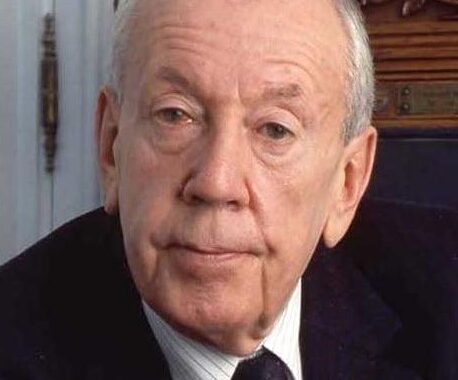Wagner “The Flying Dutchman”, English National Opera
The front curtain at the London Coliseum is a rare sight these days and suggested that we might for once be about to experience Wagner’s celebrated Overture without “illustration”. With Edward Gardner and the ENO Orchestra identifying the perfect storm, with those sizzling open fifths in tremolo violins and heroic horns pitching us into its midst, did we really need to be seeing what we hearing?
But Jonathan Kent and his video designer Nina Dunn had an altogether darker and farther reaching purpose and as a pale moon retracted through a bank of skylight windows and the churning seas became visible through them we were mysteriously transported into the young Senta’s bedroom where the storybook legend of The Flying Dutchman had taken root in dreams, grown exponentially into infatuation and finally obsession. The boldness of the young girl’s presence throughout the opening scenes of the opera underlined the evolution of that obsession and established at once the off-kilter surrealism of the drama – and when Senta, the woman, finally emerged from that childhood sanctuary moments after the Dutchman’s ship had come crashing through its walls the sense of her fixation becoming a kind of reality for her was brought powerfully home.
Far riskier was Kent’s skittish irony with Senta’s co-workers graduating from sewing garments to putting miniature Flying Dutchman ships into bottles. And one did wonder how much of the orgiastic wedding-night piss-up was in her head as she resisted all manner of physical assaults to achieve her “higher purpose”. I wasn’t entirely convinced.
But Orla Boylan’s Senta did more than convincingly suggest the plain girl dreamer socially stifled by a selfish and overly protective father, Darland (the excellent Clive Bayley). Boylan was not in the least intimidated by the cruelly wide compass of her Ballad and her big emotive notes grew more intense and exciting as the evening hurtled towards its fateful conclusion. The object of all her obsessive desires was handsomely voiced by James Creswell, though a certain uniformity in colour and dynamics detracted somewhat from his effectiveness. For once we had an Erik who was more than just a cipher – Stuart Skelton sang the pants off the role and found nuances to make even the tenderness believable.
But the real heroics came from ENO’s Chorus and Orchestra. Wagner sounds well in this theatre and the gusto emanating from both pit and quarter deck provided an abundance of tempest-tossed thrills.


